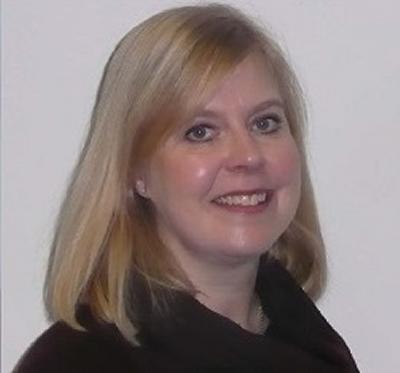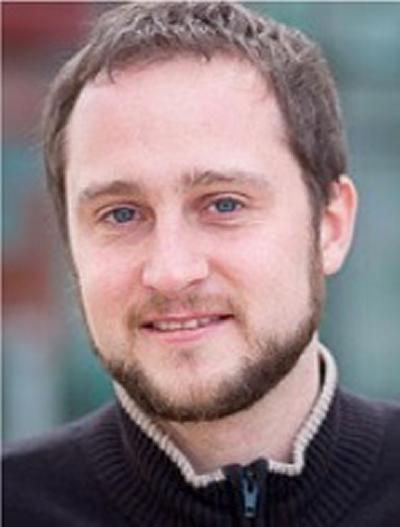Expanding the IfLS interdisciplinary community
.jpg_SIA_JPG_fit_to_width_INLINE.jpg)
The Institute for Life Sciences welcomes three new members to its interdisciplinary network.
Dr Melissa Andrews, from Biological Sciences; Dr Kate Ward, from Medicine; and Dr Philip Greulich, from Mathematics, have joined more than 300 IfLS members from a diverse range of backgrounds who collaborate in research and education to broaden scientific opportunities and address key issues in health, society and enterprise.
Melissa is a Lecturer in Systems Physiology who has spent the past 15 years exploring the field of spinal cord and nervous system injury and repair.
Her research focuses on novel approaches to rebuild pathways commonly damaged in spinal cord injury.
She said: “My work aims to contribute to our knowledge and understanding about why the mature nervous system is incapable of repair and make strides towards developing regenerative therapies for those affected with debilitating conditions and diseases of the nervous system.
“I hope that as a member of the IfLS, I will be able to foster collaborations in similar fields to my own area of regenerative medicine and neuroscience, and also take advantage of opportunities to work with others from vastly different areas such as Physics and Chemistry.
“I will be contributing a working knowledge of traumatic brain and spinal cord injury, together with developing novel approaches to promote the repair and recovery of the central nervous system in acute or long-term chronic degenerative conditions.”

Kate is an Associate Professor at Southampton’s MRC Lifecourse Epidemiology. Her research focuses on muscle and bone interactions in the whole body and the contribution of environmental factors, such as nutrition and physical activity, to the healthy development, maintenance and ageing musculoskeletal system.
She said: “I work across the lifecourse in different populations, particularly in the UK and Sub-Saharan Africa. My research has shown me the importance of taking a global approach to research, rather than a one size fits all approach, which does not work when you apply it to different populations at different stages of the lifecourse.
“At the moment I am collaborating with a colleague in Bioengineering to better understand the underlying determinants of bone strength and osteoporosis from the latest in vivo scanning methods.
“As an IfLS member I am looking forward to raising the awareness of these projects within the IfLS, as well as being challenged to see my work from a different perspective.”

Philip is a Lecturer in Mathematical Sciences whose background is in Theoretical Physics. His research goal is to reveal the rules of stem cell fate choice in biological tissues, focusing on understanding how cancer emerges when the cell fate becomes unbalanced.
He said: “I am using mathematical modelling and am working with experimental stem cell biologists to validate various hypotheses about cell fate choice and its consequences on tissues, particularly in tumours.
“As a member of the IfLS, I am orientating myself towards tissue cell dynamics in general in which stem cell fate choices (to proliferate or to differentiate) play a major role. Understanding what makes a stem cell’s fate balanced or unbalanced is a key to understand tissue maintenance, development, and cancer.
“Often, experiments alone are not sufficient to verify these hypotheses of cell fate. My modelling approach compares model outputs and data, using statistical inference to validate these hypotheses and to find out how stem cell fate choices drive tumour growth, development, and tissue regeneration.
“I am looking forward to getting to know many more brilliant researchers across the IfLS who are committed to interdisciplinary work, and to learning more about their cutting edge research.”
Director Professor Peter Smith said: “We are very pleased to welcome these three new members to our IfLS community. They bring a wealth of experience and different research perspectives and I look forward to seeing the outcomes of their cross-collaboration with other IfLS members.”
The IfLS was set up to foster cross-campus interdisciplinary research links related to the life sciences and aims to provide an inclusive environment to support interdisciplinary research interests within the Life Sciences community.
Members are University of Southampton academics of Principal Investigator status currently running research programmes that fit within the IfLS strategy of having a demonstrable link between different areas of research. The IfLS welcomes new members. Pease see How to Become an IfLS Member for further details on benefits and conditions.
For more information please contact IfLSAdmin@soton.ac.uk